Joe Gorman is a journalist and author. His first book, The Death and Life of Australian Soccer, was hailed as ‘one of the best and most important written on Australian sport’ by The Age, and long-listed for the 2017 Walkley Book Award. With the PFA, Joe will explore various issues impacting Australian football.
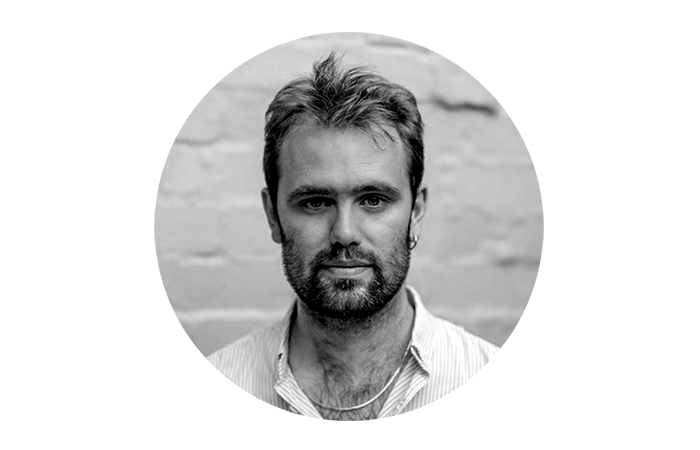
Words by Joe Gorman
There were times, over the past few years, when James Holland wondered if he would ever get another chance to play for the Socceroos. But after more than six years in exile, the 32 year-old defensive midfielder says he is buzzing to be back in the national team camp.
“The hope was always there,” says Holland. “Obviously I wasn’t sure with my age, and also I felt like I’d had a good couple of seasons and didn’t get the call up, so it does cross your mind.”
Holland, who was last selected for the Socceroos in November 2014, has been one of the quiet achievers in Europe over the past few years. Since his move to Austrian club LASK Linz, in 2017, he has established himself as a regular starter in the midfield and held his own in European competition against the likes of Sporting Lisbon, Manchester United and Tottenham.
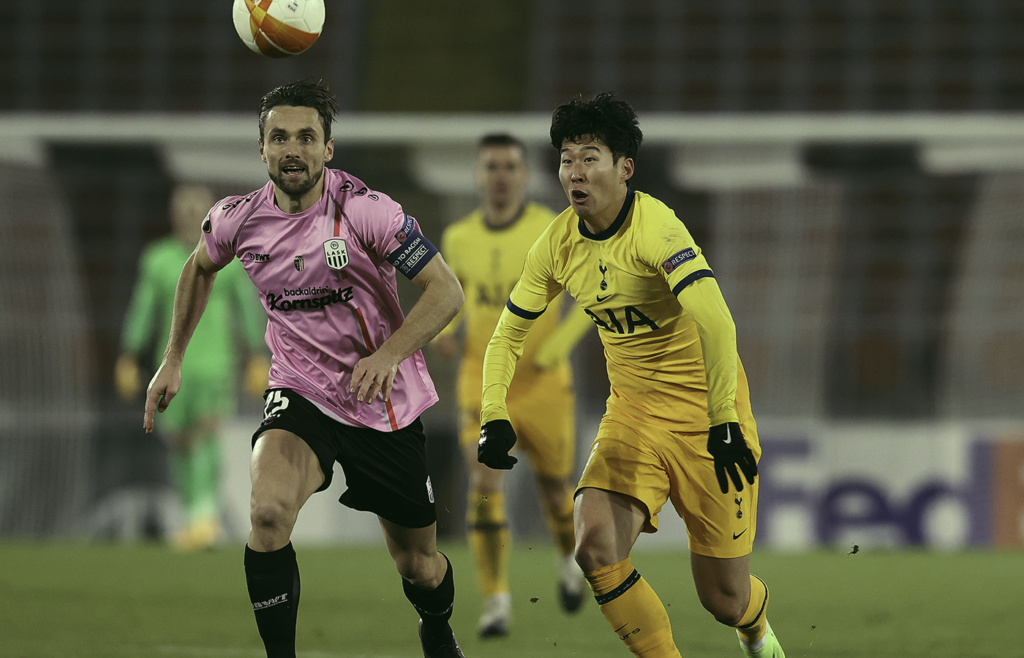
Like most overseas-based Socceroos, he is relishing the opportunity to link up with fellow Australians in camp after such a long absence.
“There’s such a different culture being over in Europe, it’s a different mentality around football,” says Holland. “It’s probably a bit more business-minded and there’s less camaraderie, so when you’re back with the Aussie boys its more of a family feel. I’ve really missed that.”
The Socceroos have always been a driving force for Holland, who grew up during the final years of the old National Soccer League. As a young teenager, it was the national team that gave the sport a sense of grandeur and possibility during those grim years in the early 2000s. At 16, he was there at Stadium Australia for the Socceroos’ famous win over Uruguay in 2005, and like millions of Australians he woke early to follow the national team’s progress at the World Cup in Germany in 2006.
In many ways, Holland was one of the first products of the post-2006 era, bursting onto the scene as a baby-faced teen for Newcastle Jets in 2007. He found the back of the net on debut, becoming the youngest player to score in the A-League, before making his debut for the Socceroos in 2008 and captaining the Young Socceroos at the 2009 U20 World Cup.
But in the years that followed, as he made his first move to Europe, Holland was used only sparingly off the bench for the Socceroos. Selected by former boss Ange Postecoglou for the 2014 World Cup, he remained an unused substitute throughout the tournament.
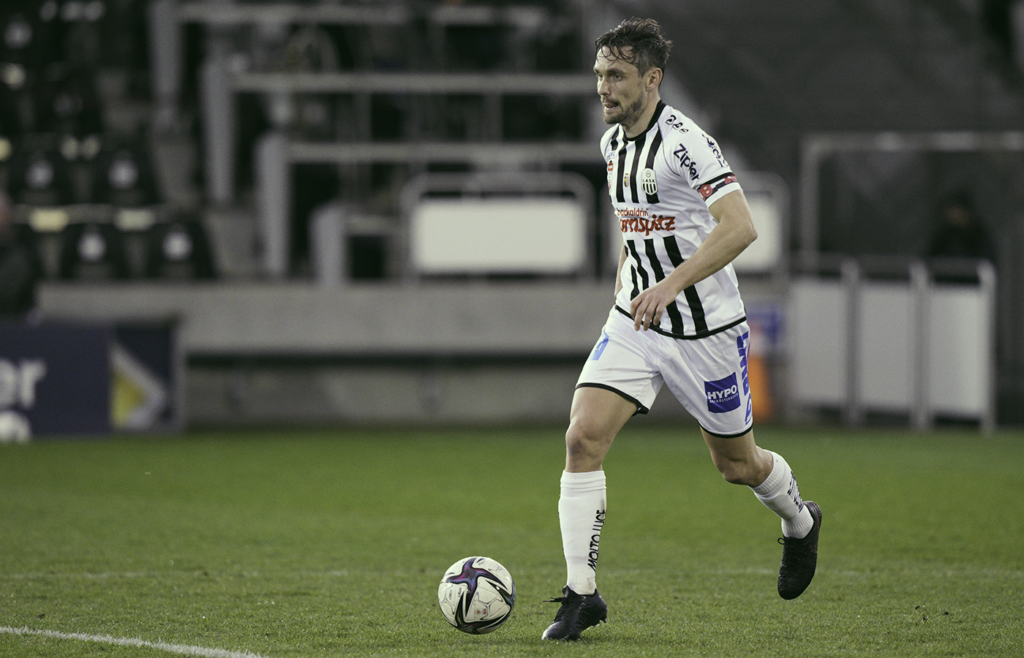
“It was definitely bittersweet, because I felt like before the camp Ange had given me enough opportunities and I also felt like he did have me in his plans,” says Holland. “I didn’t take the opportunities, so it was all on me. That was frustrating to know it was there, within reach. It was probably a time in my career where I had to cement myself as a Socceroo within the starting eleven, and I didn’t do that.”
Between 2015 and 2017, Holland’s career seemed to stall as he went from the German second division to the A-League and then to Chinese side Liaoning Whowin, where he and fellow Australian Robbie Kruse needed to call on the PFA to have their contracts terminated and their wages paid.
“We were mentally prepared for that, Krusey and I,” says Holland, who moved to China knowing that many clubs were late on payments to players. “But the thing that comforted us was knowing that the PFA were there to support us and guide us every step of the way. In the end, that was really important in what was a tricky situation.”
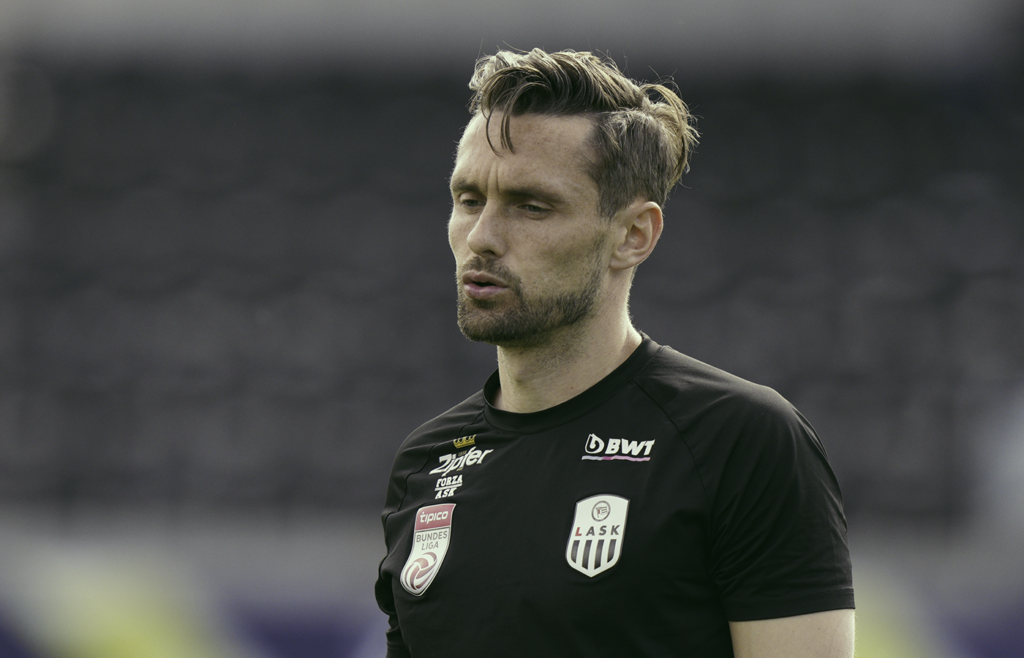
Four years on, as the Socceroos prepare to take on Kuwait, Chinese Taipei, Nepal and Jordan in their journey to the 2022 World Cup, Holland is arguably in the best form of his career. And while many Australians struggle to get regular game time in Europe, Holland’s match minutes have become an extremely valuable asset.
Above all, his return to the Socceroos squad is a testament to his determination to stick it out in Europe.
“I’d say within my football career, that’s definitely something I’ve learned. That resilience, that grittiness to not give up,” he says. “It’s why I love seeing Aussie boys in Europe tough it out and do well. I appreciate how difficult it is. If you believe in something and you stick to it, it’ll work itself out. Maybe not the way you expect it to, but it’ll work itself out. That’s the most important thing if you want to forge a career in football as an Australian.”
Of course, it has been lonely at times – particularly during the past 12 months as the coronavirus pandemic has sent Austria into lockdowns and forced games behind closed doors. But Holland has maintained his focus off the field, earning his UEFA B Coaching Licence and studying a double degree in psychology and sociology through Open Universities Australia.
His studies, which have been subsidised in part by the PFA through the union’s Education Grants, have given him a new perspective on his profession.
“I didn’t study because I wanted to become a psychologist; I did it because it interests me and I feel that it’s something that can help me in all aspects of my life,” says Holland. “It’s tough, because you’ve got to motivate yourself – you’re not going to class and you don’t have people you can sit there and bounce ideas off. But it’s something that has opened my mind up and opened me up a lot. It’s shown me different ways of thinking. I’ve also felt, in a strange way, that it’s helped my football a bit, in the way I analyse things and the way I interpret things.”
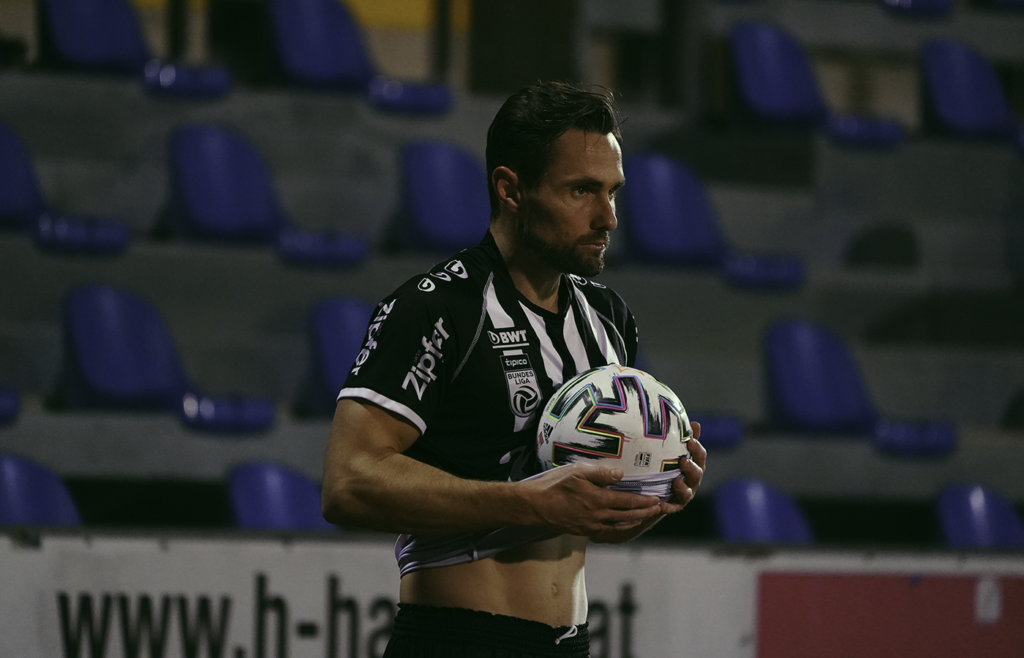
While Holland is by no means a certain starter for the Socceroos, it may be the case that his journeyman career will prove to be a bonus, rather than a hindrance. For one thing, the pitfalls and the missed opportunities have allowed him to focus on the here and now, rather than constantly thinking about the future.
“I come in here with a bit of a different perspective,” says Holland. “I want to take my opportunity and give everything I can, but also enjoy it. When you’re younger, you generally put a lot more pressure on yourself, but as you get older you enjoy it more and are probably a little bit freer in what you’re doing.
“With football, you never know. If you had told me, in 2014, that I would have six-and-a-half year absence from the Socceroos, I wouldn’t have believed you. Those kind of experiences make you appreciate it a lot more. I still have the hunger; I’m a winner and I want to leave everything out on the pitch, but I’ve learned to take the pressure off myself and just enjoy the moment.”
Read more articles from Joe Gorman:
📰 The Long Read by Joe Gorman: Australian football’s Indigenous engagement
📰 The Long Read by Joe Gorman: Wellington’s relocation
📰 The Long Read by Joe Gorman: Carroll Roar’s unsung hero
📰 The Long Read by Joe Gorman: Chasing records with Milos Degenek
📰 The Long Read by Joe Gorman: Reactivating the Sydney Derby







